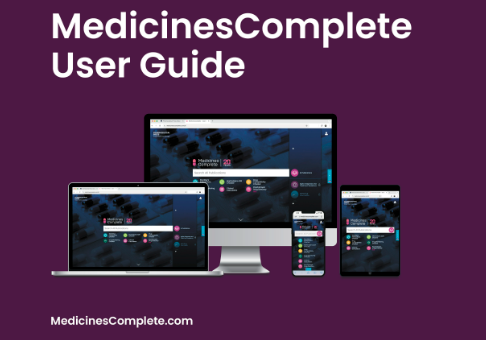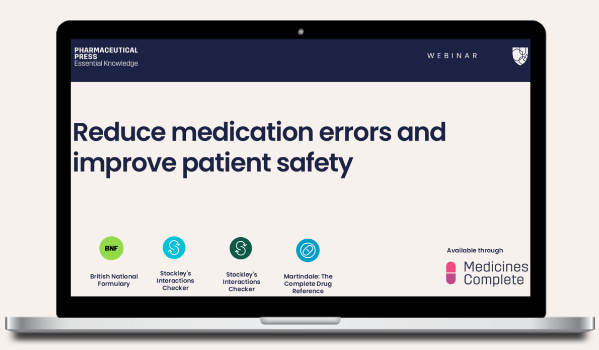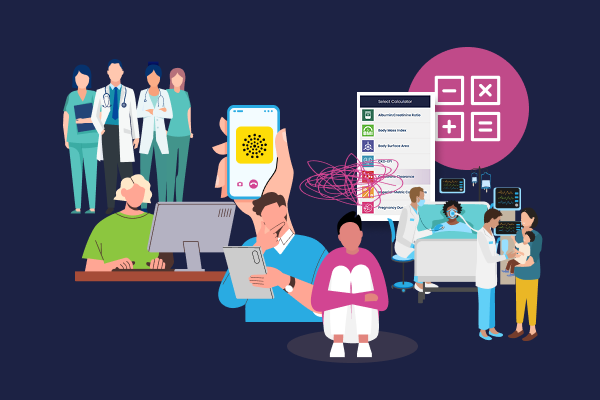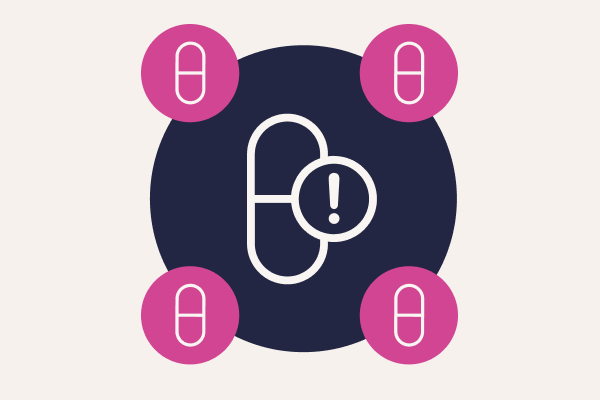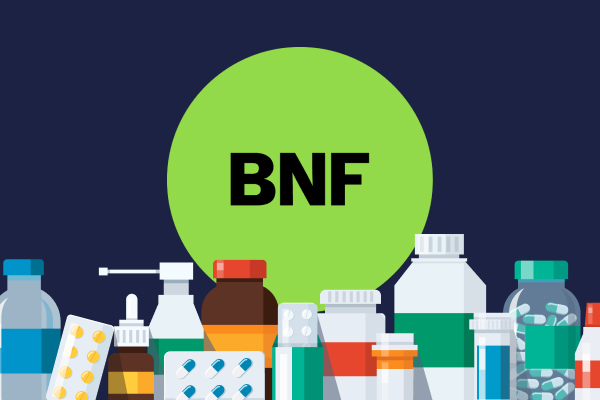When is World Mental Health Day?World Mental Health Day is on 10 October. The event has been raising awareness about mental health since it was initiated in 1992. In 2024 the day is themed: “It is time to prioritise mental health in the workplace.”
World Mental Health Day is on 10 October. The event has been raising awareness about mental health since it was initiated in 1992. In 2024 the day is themed: “It is time to prioritise mental health in the workplace.”
Chosen by over 2000 members of the World Federation for Mental Health, from 116 different countries, the theme is relevant globally. Nearly 60% of the world’s population is in work, and employed adults spend more time on work than on any other activity during waking hours.
Unfortunately, for many, work is a source of distress that contributes to poor mental health.¹ ² Mental health conditions don’t just affect individuals – their colleagues, organisations, families, and wider communities may be impacted, too.³ Yet there’s another side to the story. Work can also be protective of mental health, giving people a livelihood, positive relationships, improved confidence, and sense of belonging and purpose.²
Psychotropic Drug Directory empowers decision making in mental health. Read more.
Workplace mental health in numbers² ⁴ ⁵
- 15% of working-age adults around the world have a mental health disorder
- 12 billion working days are estimated to be lost worldwide every year to depression and anxiety, costing US$1 trillion in lost productivity
- in the UK in 2022, mental health was the fifth most common reason for absence from work, and the biggest cause of work-limiting conditions in those aged 44 and younger
- the number of workers aged 16-34 in the UK reporting that mental health limits the work they can do – both type and amount – has more than quadrupled in the past decade.
The work-mind connection
Psychosocial risks to mental health can exist in any workplace. Typically, they may include:² ⁶
- excessive workload and long, inflexible working hours
- bullying or harassment
- discrimination and exclusion
- job insecurity
- conflicting work/home demands
- lack of support from managers or colleagues.
Pharmacists face particular challenges, and these are likely to have been worsened by the lasting pressures caused by the COVID-19 pandemic. By its nature, the role of the pharmacist comes with a desire to care, a lot of responsibility, and a heavy workload, all of which can contribute to poor mental health. Around the world, understaffing, longer working hours, and the demands of non-clinical tasks are among the factors contributing to burnout, which affects 51% of pharmacists globally.⁷ ⁸
Once mental health deteriorates, concerns about stigmatisation and exclusion may further burden the sufferer. They might also feel anxiety about making medication errors due to stress and fatigue.² ⁸
In the UK, 93% of pharmacists in community settings are at risk of burnout, dropping slightly to 88% and 86% respectively in hospital pharmacy and general practice. Almost one in five pharmacists have taken time off work for mental health reasons over the past year, and 62% have considered leaving their role, or even quitting the profession entirely, with the figure highest among community pharmacists (85%).⁷
UK pharmacists cite a number of specific factors that affect their mental health. These include:
- unachievable workloads, often stemming from the pressure of providing extra pharmacy services with no additional staffing
- insufficient pay, given pharmacists’ training, expertise, and responsibilities
- lack of respect and recognition from other health professionals, and from patients – pharmacists may be on the receiving end of verbal abuse from members of the public
- insufficient breaks, either because they are not offered by managers, or because it’s difficult to take them – for example, due to workload or inadequate staffing
- lack of protected learning time, leaving pharmacists feeling under pressure to fit professional development around a heavy workload, or do it outside working hours – further affecting their work-life balance, and removing vital opportunities for relaxation.⁷
Work-related mental health is admittedly a complex topic, because it intersects with other parts of an individual’s life and the broader social context. Risk factors specific to the workplace can amplify inequalities that already affect a person’s mental health – like race, sex, gender identity, disability, or age. Major socio-economic events can also have an impact – pharmacists experienced high levels of stress, anxiety, depression and burnout through the COVID-19 pandemic.⁹
While work can be a major contributing factor to poor mental health, it’s important to note that it’s unlikely to be the sole cause. Pre-existing mental health conditions, and personal stressors – such as relationship breakdown, bereavement, or financial pressures – can interact with work-related factors. However, research has found that workplace stressors can seriously aggravate any existing issues, and can be the primary trigger for a decline in mental health.⁵ ⁶
Measures to ease the pressures
Pharmacists contribute so much to their communities, playing a core role in healthcare – including mental healthcare. Their mental wellbeing should be a priority, not just for individuals and their families, but also for the profession and society. Improving mental wellbeing in pharmacists could start with:
- designated rest breaks to allow some recovery from a stressful workload
- protected time, free from interruptions, for learning and professional development
- improved access to workplace support with mental health – while most pharmacists are aware that support services exist, they may need reassurance about confidentiality, and protected time to access the help
- more support for pharmacists affected by the psychological, cognitive, and physical effects of long COVID.⁷
Pharmacists undertake lengthy training, are highly skilled, committed, and passionate about their work, which can be meaningful and rewarding. Some fairly simple structural changes in the workplace, combined with the right support, may help to redress the balance so that they can make the most of their roles.
Please complete the form below to request a complimentary trial to knowledge products through MedicinesComplete.
References
- wfmh.global. (n.d.). World Federation for Mental Health. [online] Available at: https://wfmh.global/news/2024.24-04-17_wmhd2024-theme
- World Health Organization (2022). Mental health at work. [online] World Health Organization. Available at: https://www.who.int/news-room/fact-sheets/detail/mental-health-at-work
- World Health Organization (2024). Mental health in the workplace. [online] World Health Organization. Available at: https://www.who.int/teams/mental-health-and-substance-use/promotion-prevention/mental-health-in-the-workplace
- Mental Health Foundation (2023). Mental health at work: statistics. [online] www.mentalhealth.org.uk. Available at: https://www.mentalhealth.org.uk/explore-mental-health/statistics/mental-health-work-statistics
- Office for National Statistics (2023). Sickness Absence in the UK Labour Market – Office for National Statistics. [online] www.ons.gov.uk. Available at: https://www.ons.gov.uk/employmentandlabourmarket/peopleinwork/labourproductivity/articles/sicknessabsenceinthelabourmarket/2022
- Rugulies R et al. Work-related causes of mental health conditions and interventions for their improvement in workplaces (2023) The Lancet. 402; 10410 Available at: https://www.thelancet.com/journals/lancet/issue/vol402no10410/PIIS0140-6736(23)X0041-5
- Royal Pharmaceutical Society (2024). Workplace and Wellbeing Survey 2023. Available at: https://www.rpharms.com/Portals/0/RPS%20document%20library/Open%20access/Workforce%20Wellbeing/Workforce%20and%20Wellbeing%20Survey%202023-007.pdf
- Dee, J., Dhuhaibawi, N. and Hayden, J.C. (2022). A systematic review and pooled prevalence of burnout in pharmacists. International Journal of Clinical Pharmacy, 45. doi: https://doi.org/10.1007/s11096-022-01520-6
- Ishaky, L., Sivanthan, M., Tadrous, M., Nowrouzi-Kia, B., McCarthy, L., Papadopoulos, A. and Gohar, B. (2023). Pharmacists’ Mental Health during the First Two Years of the Pandemic: A Socio-Ecological Scoping Review. Pharmacy (Basel, Switzerland), [online] 11(2), p.64. doi: https://doi.org/10.3390/pharmacy11020064



